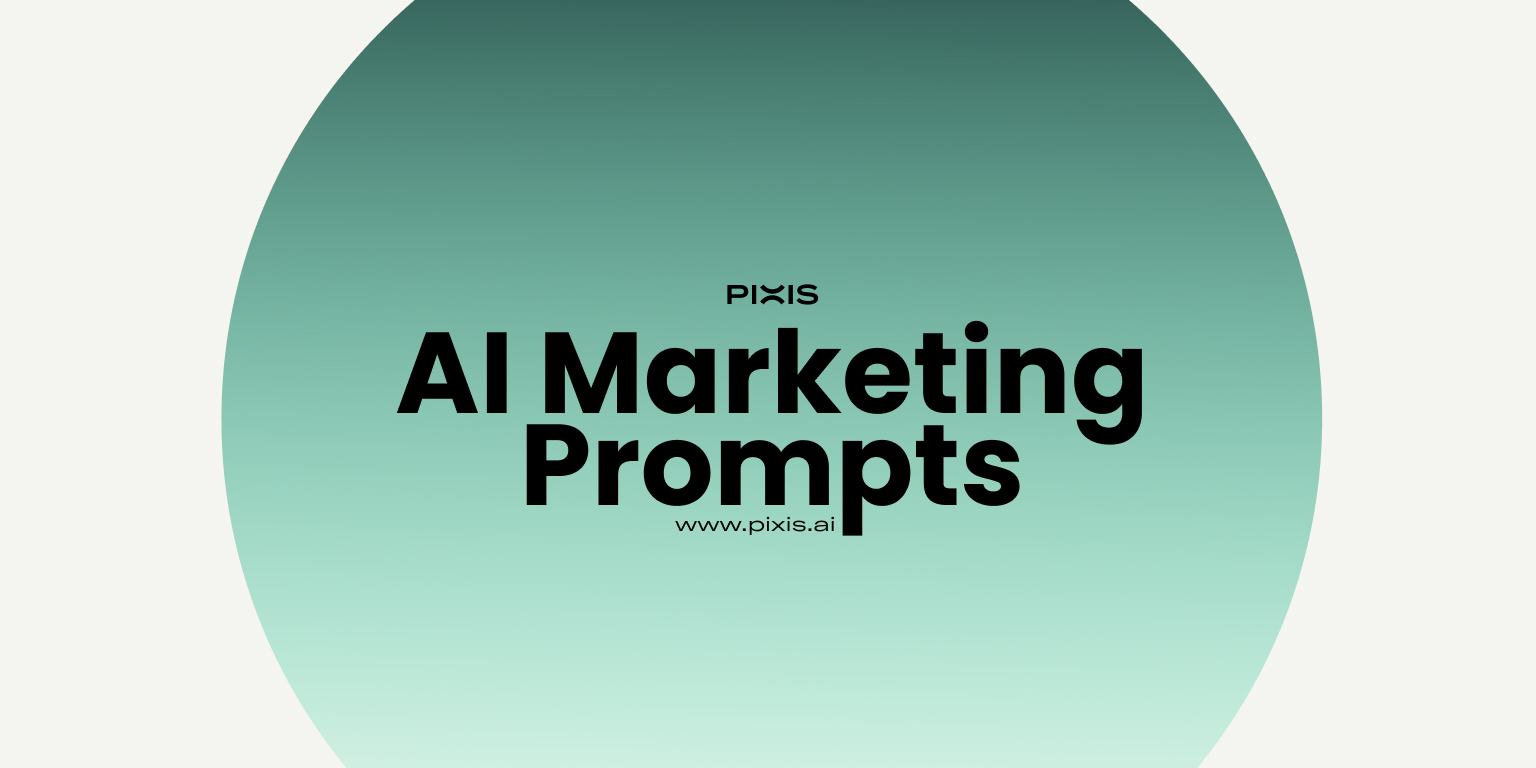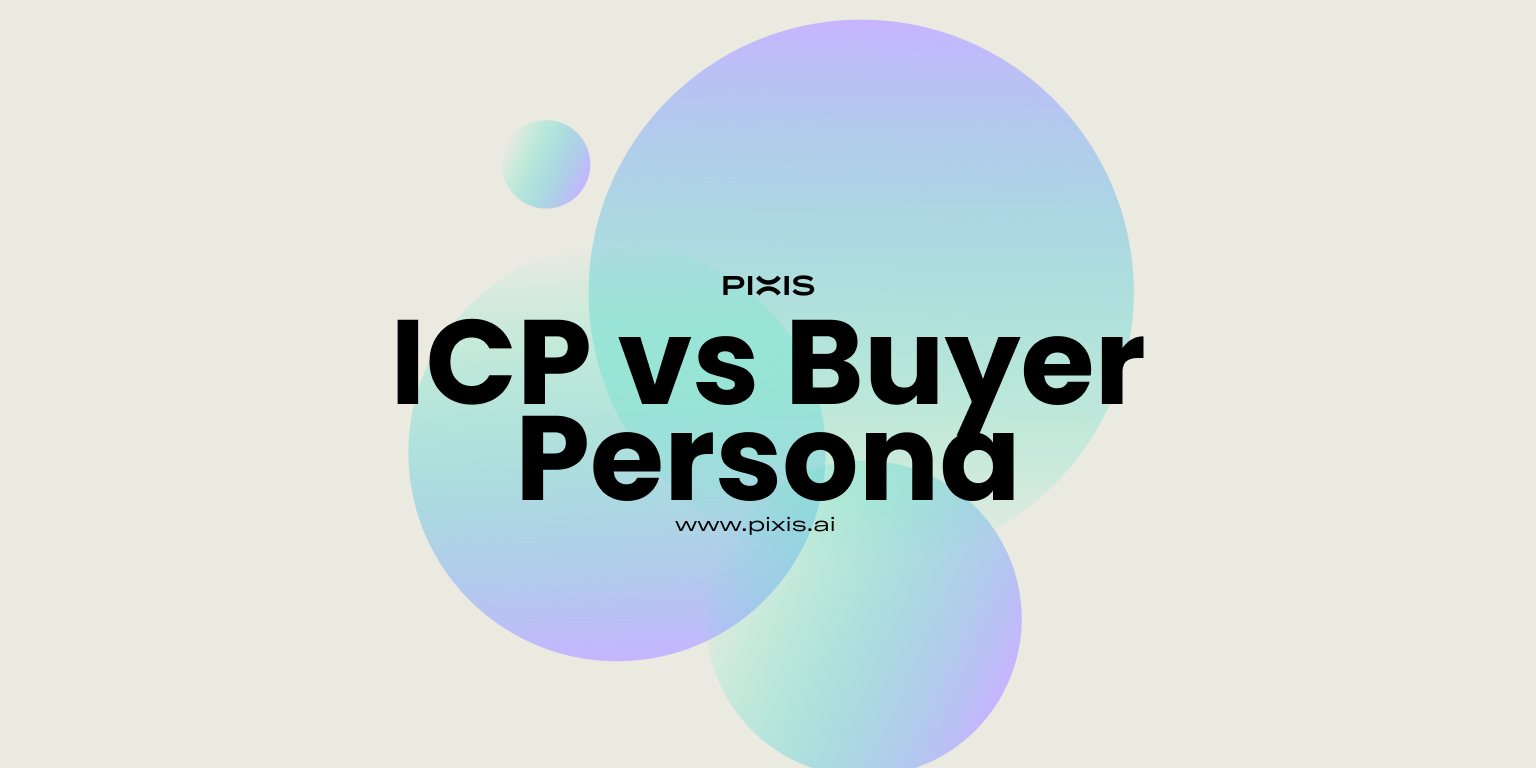Here’s Why AI is Not Boosting Productivity as You Would Like
You’ve embraced AI technology with the promise of skyrocketing productivity. You imagined an effortless workflow with tasks ticking off at the speed of light. Yet, here you are, feeling more overwhelmed than ever. Why hasn’t AI catapulted you to the promised land of productivity? Let’s dive into a few reasons why AI might not be boosting your productivity as you hoped.
Here’s Why AI is Not Boosting Productivity as You Would Like

1. Misalignment with Actual Needs
AI has tremendous potential to enhance productivity, but this can only be realized if it aligns with actual business needs. The Upwork study reveals a significant disconnect: while 96% of C-suite leaders expect AI to boost productivity, 77% of employees find that it increases their workload, mainly because they’re unclear about how to achieve the productivity gains their employers expect. This could potentially indicate that marketing leadership is unsure where AI fits within their strategy thereby complicating its effective use.
2. The Learning Curve for Boosting Productivity
Integrating AI into daily operations is seldom straightforward, with a steep learning curve for both the AI system and its users. The Upwork study underscores this challenge, noting that 23% of employees spend additional time learning how to use AI tools effectively. Furthermore, 39% find themselves reviewing or moderating AI-generated content more than anticipated, and 21% are tasked with additional work directly due to AI implementations. These statistics highlight the substantial investment in time and effort required not just to use, but also to manage and correct AI outputs, often exacerbating workloads rather than easing them.
3. Data Quality and Quantity
AI thrives on data—the more, the better. But what if the data you feed it is incomplete, outdated, or biased? Poor data quality can lead to poor AI performance, misleading insights, and ultimately, frustration. This is a classic case of garbage in, garbage out. Ensuring you have high-quality, relevant data is crucial for AI to work effectively.
4. Overreliance and Misuse
There’s a temptation to rely too heavily on AI, to expect it to be a silver bullet that will solve all problems. This overreliance can lead to underutilizing human skills, which might still be better suited for certain types of decision-making or creative tasks. AI should be your assistant, not your replacement.
Conclusion:
To truly harness the power of AI in boosting productivity, it’s essential to start with a clear assessment of where AI can most effectively enhance your marketing strategy. Solutions like Pixis are designed to automate routine tasks while empowering teams to focus on critical decision-making. By integrating seamlessly with familiar platforms like Google and Meta, Pixis reduces the learning curve, allowing you to quickly capitalize on AI’s benefits without the usual disruptions. Prioritizing high-quality data input, Pixis enables swift optimization strategies, transforming a month’s worth of analysis into a single day. Its balanced approach promotes AI as a tool to enhance human capabilities rather than replace them, while upholding ethical AI use and strict adherence to privacy regulations, fostering trust and transparency.
Pixis also simplifies complex data analysis, helping marketers make accurate predictions of customer behaviors and optimize strategies more efficiently. With codeless AI models, expert teams to guide strategy alignment, and proven creative generation, it enhances both the creative and strategic sides of marketing. To fully benefit, invest in AI training, ensure data quality, and approach AI as an enhancement to human skills. By doing so, you can unlock new levels of productivity while navigating ethical considerations with confidence. If you want to learn more about this head over to The Pixis Guide on How to Excel as an AI-first Marketing Leader in 2024. Set the stage for the future of marketing by integrating these AI insights, and lead your team to redefine what’s possible in 2024 and beyond.




